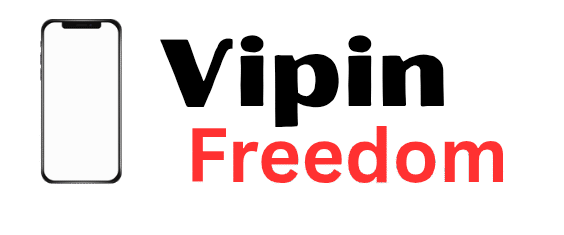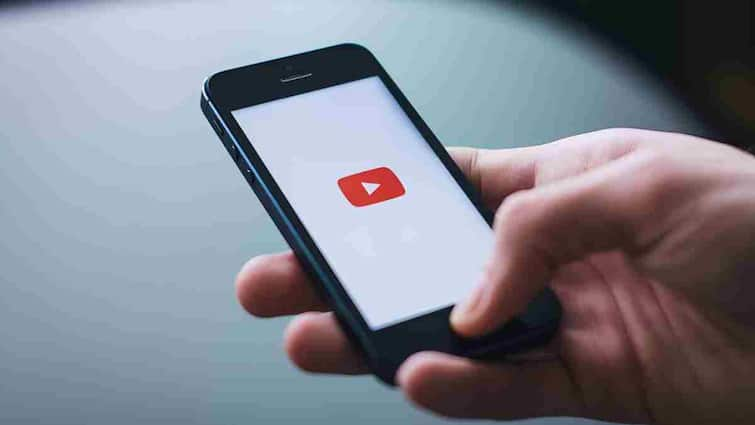[ad_1]
YouTube creators are raising eyebrows after discovering that the video-sharing platform has resorted to implementing AI to edit videos on Shorts without notifying them first. The disclosure was made after a YouTuber observed slight variations in their published works and sought clarification on the matter with the platform.
What YouTube Says About the Experiment
Following this, YouTube creator liaison Rene Ritchie revealed that the company has been testing machine-learning-based technology to unblur, denoise, and sharpen Shorts throughout the processing.
The goal, according to YouTube, is to have the videos appear sharper to viewers, without the uploader needing to change their creative input.
According to Ritchie, the AI system is not being deployed to upscale, retouch, or modify the main components of the videos. But the more serious problem appears to be the lack of communication.
No GenAI, no upscaling. We’re running an experiment on select YouTube Shorts that uses traditional machine learning technology to unblur, denoise, and improve clarity in videos during processing (similar to what a modern smartphone does when you record a video)
YouTube is always… https://t.co/vrojrRGwNw
— YouTube Liaison (@YouTubeInsider) August 20, 2025
That decision has left many creators blindsided, claiming that YouTube should have been open about such experiments rather than waiting till users notice the sudden changes.
Even minor adjustments can seem threatening to content creators who are relying on authenticity as a source of income, bringing up questions of ownership and visibility.
AI-Powered Future of Shorts
The hints of YouTube in this aspect also imply its wider ambitions. The company aims to implement the Google AI model Veo 3 into Shorts in the coming months. This option will enable individuals to create videos based on text without having to shoot or write scripts.
Although this would simplify the process of creating content, it presents some difficult questions: Will AI-generated Shorts pose a threat to human creators? And what will it do to monetisation when viewers can access auto-created clips?
With more than 200 billion daily Shorts, YouTube can hardly miss the chance to make its community unhappy. AI can enhance video quality, but it can easily erode the trust between the online platform and its creative community.
[ad_2]



